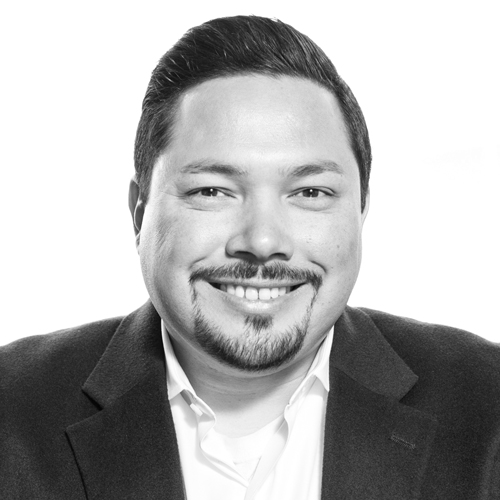As Tetyana Buescher reflects on her journey thus far, she admits that sometimes it’s hard to believe all the twists and turns her life has taken. “My grandmother could not even read, my parents never had a college degree, and here I am, a first generation immigrant with a JD degree and an executive position in a global healthcare company, advising on legal affairs in North America,” says the general counsel for CompuGroup Medical about her unique background.
Buescher, a former in-house lawyer in the financial services industry, moved to the United States at the age of twenty-six from Ukraine, where she grew up in an average family as the daughter of a factory worker and a government clerk. “Soviet Ukraine was a whole different reality, where a girl like me would never even dream to be what I am now,” she says.
In her current role, Buescher is a key member of the business team, wearing both business and legal hats. “Sometimes there are days when I don’t do anything particularly legal,” she explains. However, this arrangement makes more sense given the host of regulations that her company must comply with in order to produce cutting-edge healthcare technology solutions. “The presence of a lawyer is necessary to ensure a new product is in compliance during the design and concept phase, which can save time and effort down the road,” she says. “I know from the get-go whether or not a new idea will work from a regulatory standpoint.”
“My grandmother could not even read, and here I am, a first generation immigrant with an executive position in a global healthcare company.”
This legal advice is critical in the increasingly regulated healthcare industry. Buescher estimates that maintaining compliance with healthcare legislation, such as the Health Insurance Portability and Accountability Act, is roughly 40 percent of her job. She understands the need to wade carefully through regulations, which is where her experience in the financial services industry becomes so valuable. “Sometimes business needs clash with regulatory needs and create huge expenses for companies,” she says. “What has been happening in healthcare is that smaller players are being pushed out of the market or bought up by larger companies due in large part to the expense of ongoing compliance.”
Buescher explains that while a small business could potentially provide a better and more nimble service or ideas, the regulatory field raises the bar to entry and development in the healthcare marketplace. CompuGroup is in a unique position, being a small association with a start-up mentality backed by a larger company based in Germany. This allows CompuGroup to develop and bring new products into the market in a highly regulated industry. However, this can present unique challenges to the small, two-person legal team that Buescher heads, due to the need to keep costs down and also compete with larger corporations.
Buescher’s position is uniquely challenging as well, because she must proceed with a heightened cultural awareness when collaborating with her colleagues in other countries. It’s her experience from adapting to the cultural differences between her native Ukraine and the United States, though, that has been critical in helping Buescher navigate these potentially turbulent waters. “Being from a different culture makes it easier for me to adapt. I learned a new culture once; I can learn it again,” she explains. “Moving to a different field or role, or working within a different environment, demands adaptability. I am actually excited to learn new angles to look at things, new approaches, and new mindsets. That is a trait that has been the most important to my career.”
Her perspective on healthcare business and culture is heavily informed by her understanding of its regulations. She found the same to be true when it came to understanding American culture through its legal system. “Learning procedure and Constitutional law made me see American history in a different light. It helped me figure out American culture,” Buescher says. “Coming from a country with a communist regime that fell when I was fourteen, and seeing how the system here works and how great it is, I have a greater understanding of what makes this country special. It gives me a sense of pride living my American dream.”
One of her personal goals is to give back to the community that helped her find her place and lead a successful career in law. “I benefited greatly, and I want to give back,” she says. “I am humbled and grateful for the opportunity to mentor women in the professional workspace through a formal mentorship program at CompuGroup. I also want to come back to the National Association of Women Lawyers program and offer mentor services now that I’m more advanced in my career.”
Giving Thanks For Help Along The Way
Buescher credits strong mentors for helping her throughout her career, starting with her contracts professor and now dear friend Jennifer Martin, who hired her as a research assistant during law school and coached and raised her confidence as a young attorney. She also credits Liz Levy, now an attorney at MIT, who was her mentor through National Association of Women Lawyers and who also became a close friend. “Both Liz and Jennifer did so much for my confidence level and professionalism,” Buescher says.
Her list of mentors would not be complete without mentioning Byron S. Kalogerou, a partner at McDermott Will & Emery LLP who lent his time and expertise in a mentoring role, as well as her current boss, Werner Rodorff. “Werner is an amazing human being,” Buescher says. “He put a lot of confidence and trust in me, and I appreciate it very much.”

